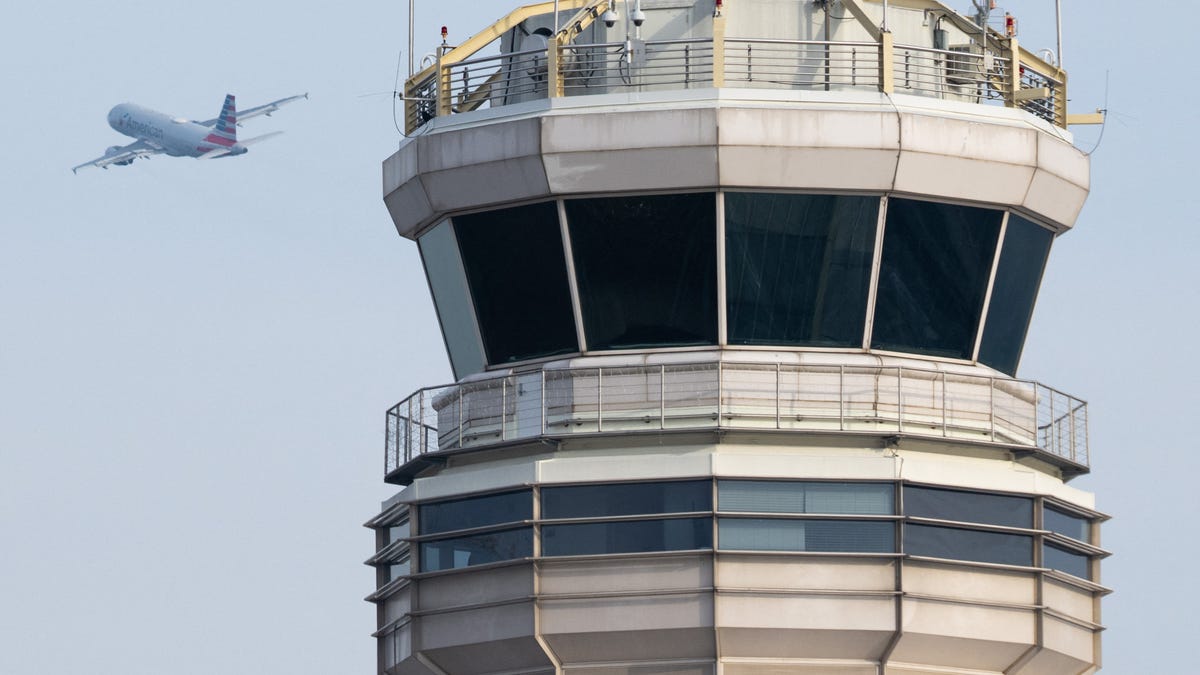FAA Implements Changes to Address Air Traffic Controller Fatigue Concerns
The U.S. Federal Aviation Administration (FAA) announced on Friday its plans to enhance the mandatory rest period for air traffic controllers. This decision comes as a response to the escalating worries surrounding controller fatigue in the aviation industry.
The FAA, responsible for overseeing an average of 45,000 flights daily, will now enforce a new regulation. Air traffic controllers will be required to have a minimum gap of 10 hours between shifts and a mandatory 12-hour rest period before commencing a midnight shift. This policy adjustment is anticipated to be implemented within the next 90 days.
FAA Administrator Mike Whitaker expressed his commitment to prioritizing the safety of air traffic controllers and national airspace. Whitaker emphasized the significance of adequate rest for controllers, stating that during his initial months in office, he visited air traffic control centers across the nation. He acknowledged the concerns raised by controllers regarding exhausting schedules and insufficient rest time. In response to these issues, the FAA took serious action to address these grievances.
Roots of the Recommendations
The revised guidelines stem from recommendations formulated by an independent panel of experts commissioned by the FAA in December. The panel was tasked with evaluating the potential risks posed by fatigued air traffic controllers. The panel’s assessment underscored the long-standing dangers associated with controller fatigue. The experts cautioned that without proactive intervention, these risks would only intensify and culminate in enduring repercussions on both individuals and the entire aviation system.
The impetus for this evaluation arose as a result of numerous complaints lodged by air traffic controllers with the FAA. These complaints highlighted the strains caused by a shortage of personnel, resulting in overworked controllers. This surge in complaints coincided with an escalation in close-call incidents at airports. In the fiscal year 2023 alone, the FAA documented 23 significant close-call incidents, a notable increase from the preceding decade.
Administrator Whitaker noted the FAA’s progress in addressing the persistent shortage of air traffic controllers. He disclosed that the agency successfully met its target of hiring 1,500 controllers in 2023 and remains on course to recruit an additional 1,800 controllers this year.
For further details, you can refer to the FAA’s official announcement.
Image/Photo credit: source url





